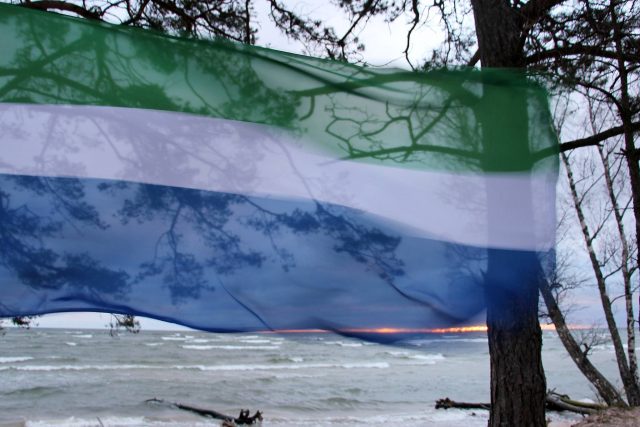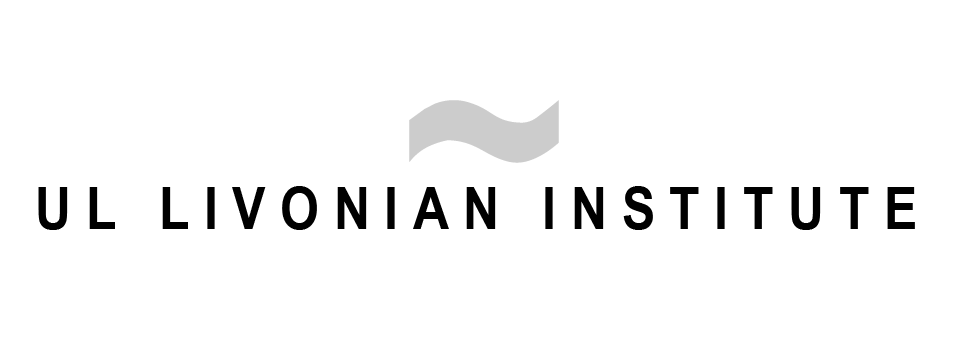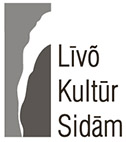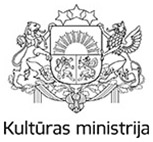This portal was created by Līvõ Kultūr sidām (The Livonian Culture Centre) and offers a wide range of information on the Livonians, their culture, language, and history. Here you can discover the places the Livonians have lived, their cultural monuments, the location of their most important archives, and also about new Livonian-related events and exhibitions. You can learn about Livonian traditional and contemporary culture as well as become acquainted with their community organisations and most important personalities. The UL Livonian Institute section contains information about this institution as well as Livonian-Estonian-Latvian dictionary which is updated on an ongoing basis and which is supplemented with word forms and data from the Livonian language corpus. This section also contains the Livonian place name list, a list of Livonian borrowings in Latvian, and other resources for learning about and studying Livonian. The Library section contains a collection of articles, links, and videos on Livonian topics grouped by category.
We wish you success learning about Livonian culture!
1963 – Ilva Buntika, an artist of Liv origin was born.
27/08
1913 – Jānis Graudonis, an archaeologist, historian and researcher of the Liv settlements in Ikšķile and Turaida, honorary member of LAS, was born. Died in 2005.
28/08
1937 – Mati Hint, a linguist and promoter of the Liv culture in Estonia was born.
31/08
1906 – Laimons Rudzītis, a secretary of the organization ‘Liv Friends’Society, Latvia’, compiler and editor of the Liv calendar and poet was born. Died in 1973.
10/09
1885 – Lauri Kettunen, the most outstanding researcher of the Liv language was born. Died in 1963.






